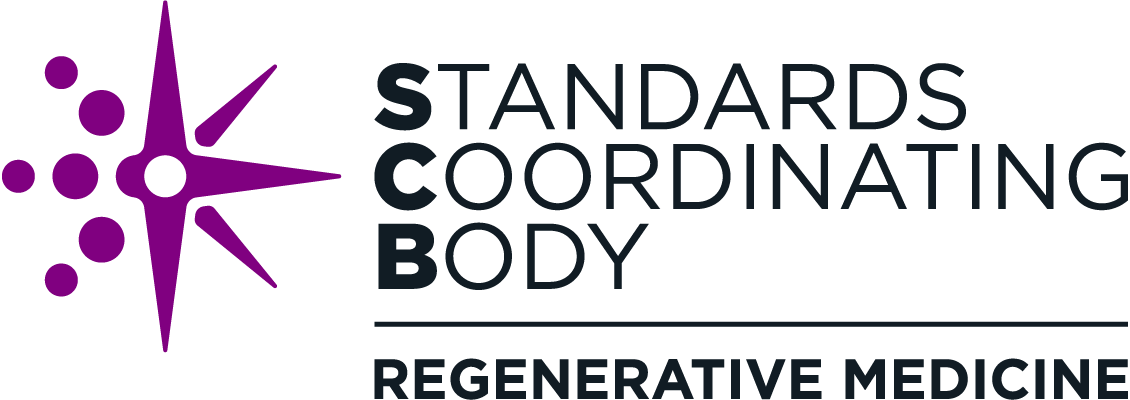SCB Perspectives: What We Achieved with the Realizing the Benefit of 21st Century Cures through Standards Development Workshop
Richard McFarland, SCB President
March 22, 2019
Thank you to everyone who participated in the Realizing the Benefit of 21st Century Cures through Standards Development Workshop on March 18–19. The workshop was a great success, both in broadening the knowledge base of standards in the community and helping to increase the speed of our work with standards. Discussions at the workshop played a direct role in moving our standards advancement projects forward. For example, one hour of in-person dialogue across a wide range of stakeholder groups was able to accelerate our rapid microbial testing methods ASTM standard effort by about six months!
A key goal of the workshop was to provide a chance for members of the regenerative medicine community to actively participate in prioritizing needed standards. Through a series of break-out sessions, participants identified and explored four high-priority standards needs:
Cell viability
Chain of identity/custody and labeling
Characterization of scaffold materials
Viral vector gene quantification
These topics, in addition to many more that participants helped prioritize, will inform our future work in coordinating the development of specific standards topics and will be incorporated into the Report on Needed Standards scheduled for release in April.
The regenerative medicine community has been working toward creating a workshop of this size and scope focused exclusively on standards for a number of years. The current momentum in the regenerative medicine field combined with the support from the 21st Century Cures Act has made it a reality. It is exciting to have this highly anticipated event come to fruition and see the growing energy and vitality around this topic.
I see this workshop as a phase change for the regenerative medicine community and for SCB—a culmination of increasing interest in standards development and greater recognition of SCB as the place to go with standards needs. Whether you just want to dip in a toe or dive deep into the standards development process, SCB can provide guidance on who to talk to and what steps to take, connecting across silos of standards users and developers. I am looking forward to building on this foundation with more events that will bring the regenerative medicine community together to share knowledge and have key conversations that can drive the future of regenerative medicine standards.
It took a great deal of passion and energy from a large number of people to make the workshop possible—we would like to thank our co-hosts FDA, NIST, and Nexight Group, as well as the many volunteers who shared their time to speak on topics during the workshop. We had presenters and panelists from SDOs, government agencies, academia, and industry addressing a range of subjects, including
the importance of reference materials
the need for standards to support both commercial products and clinical translation
numerous case studies that brought standards engagement to life with vivid personal stories
Having such a broad cross-section of experts willing to offer their knowledge allowed us to cover many different facets of the standards development process, how to participate in it, and how that participation helps improve the quality and safety of regenerative medicine. The presentations from the workshop will be shared on the website before the end of the month.
We would especially like to thank everyone who came to learn and participate; it is your enthusiasm as engaged members of the regenerative medicine community that will make our shared standards advancement goals a success. My hope for this workshop is that stakeholders—especially younger scientists and entrepreneurs—will see the professional value of contributing to standards advancement and be energized to get engaged in this vital process to move the whole regenerative medicine field forward.
If you would like to learn more about participating in standards development, contact SCB, or sign up for our e-newsletter (below).
